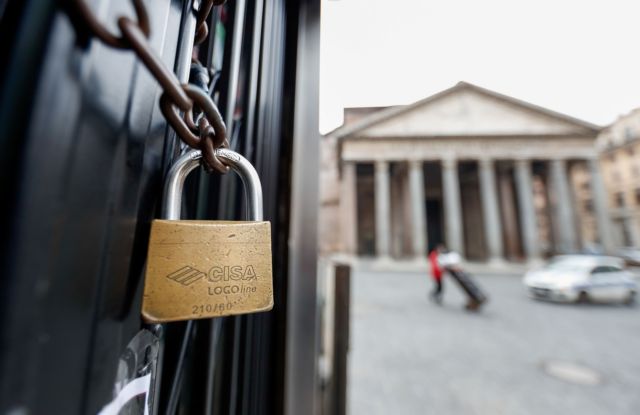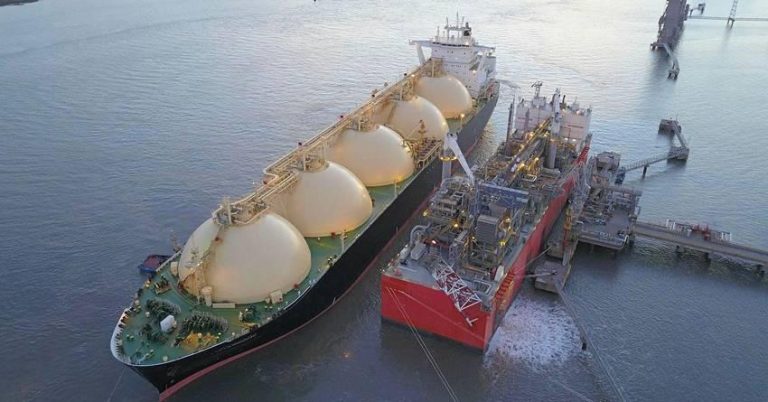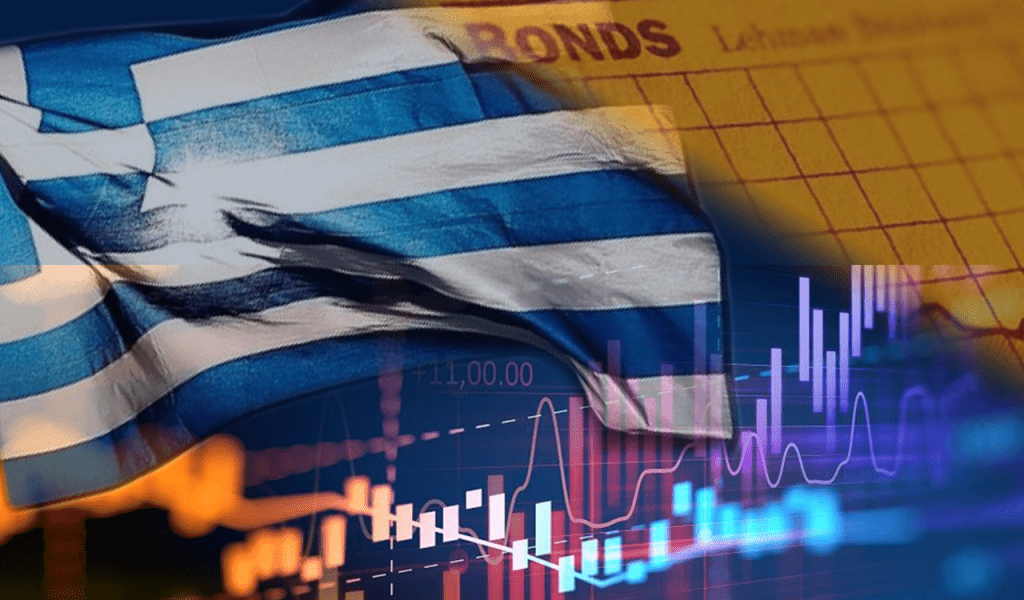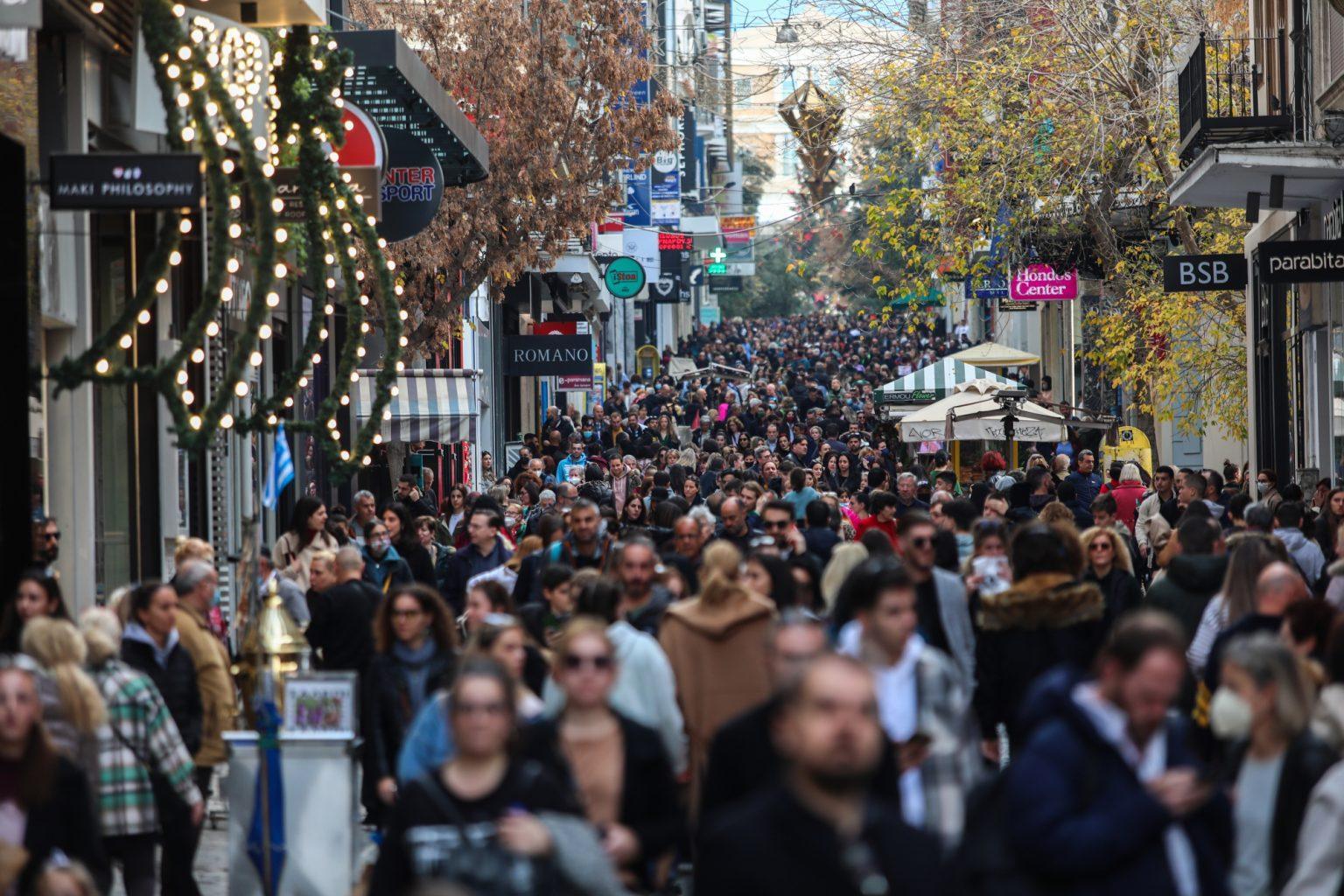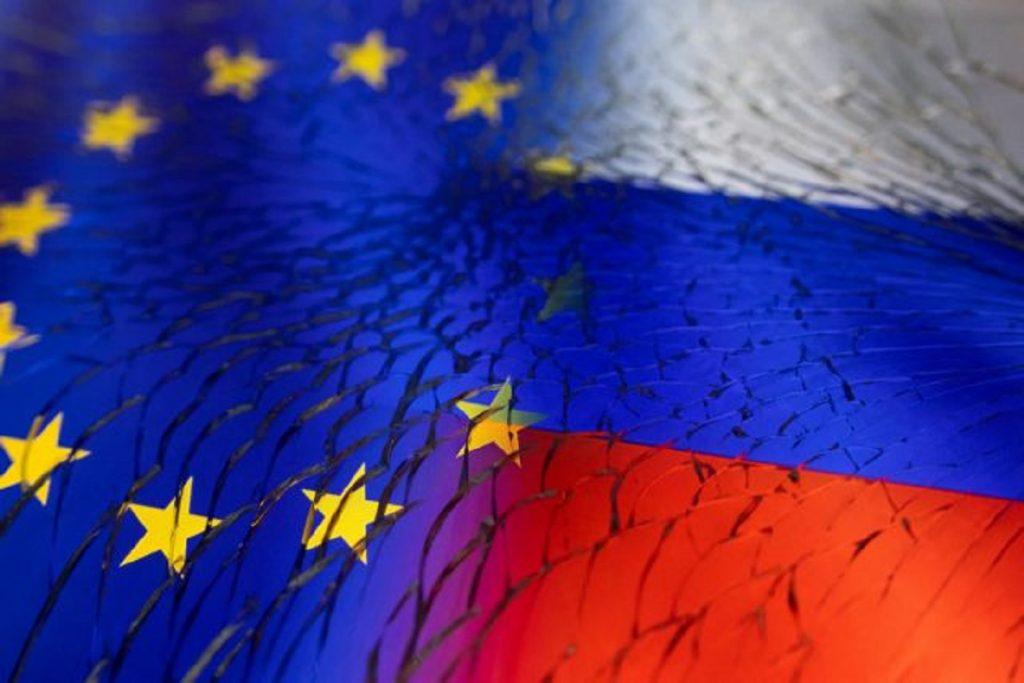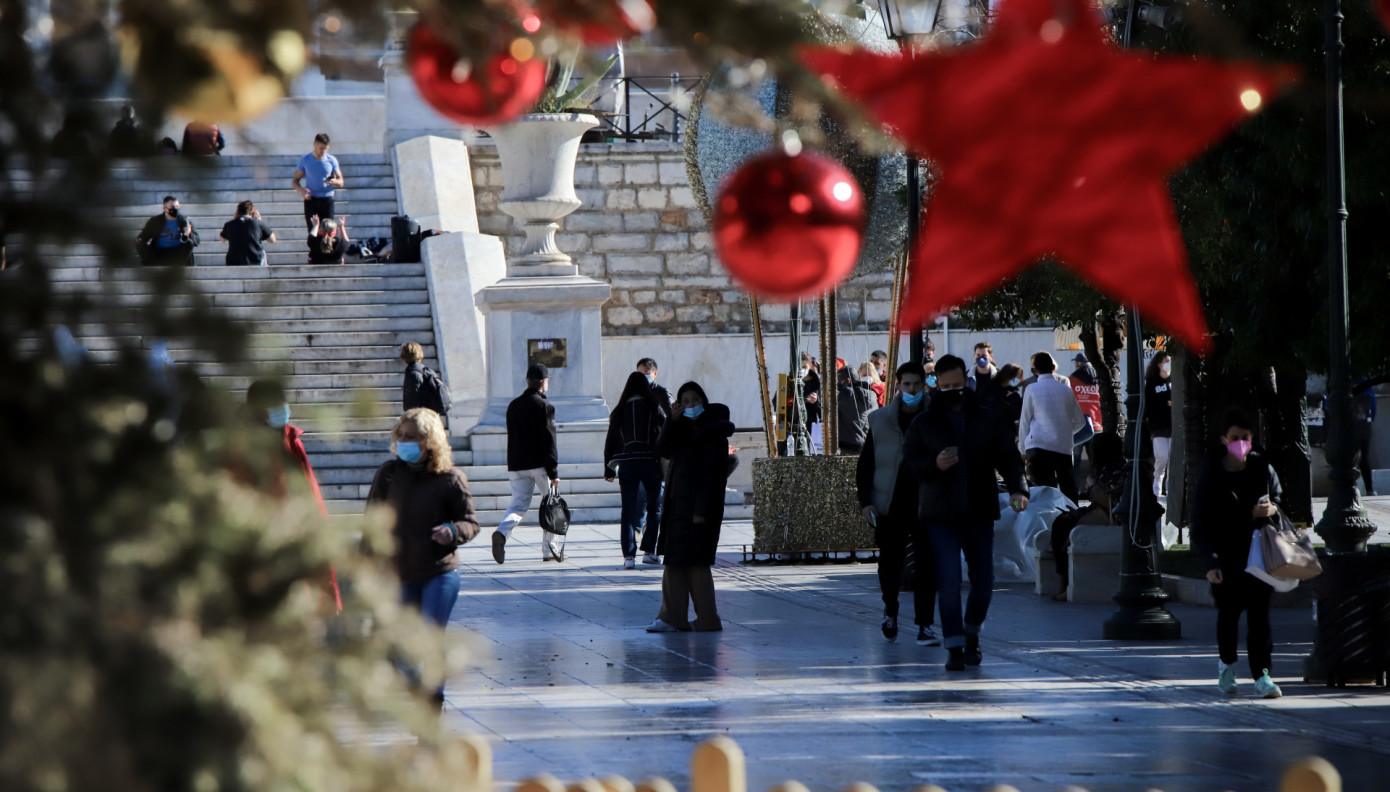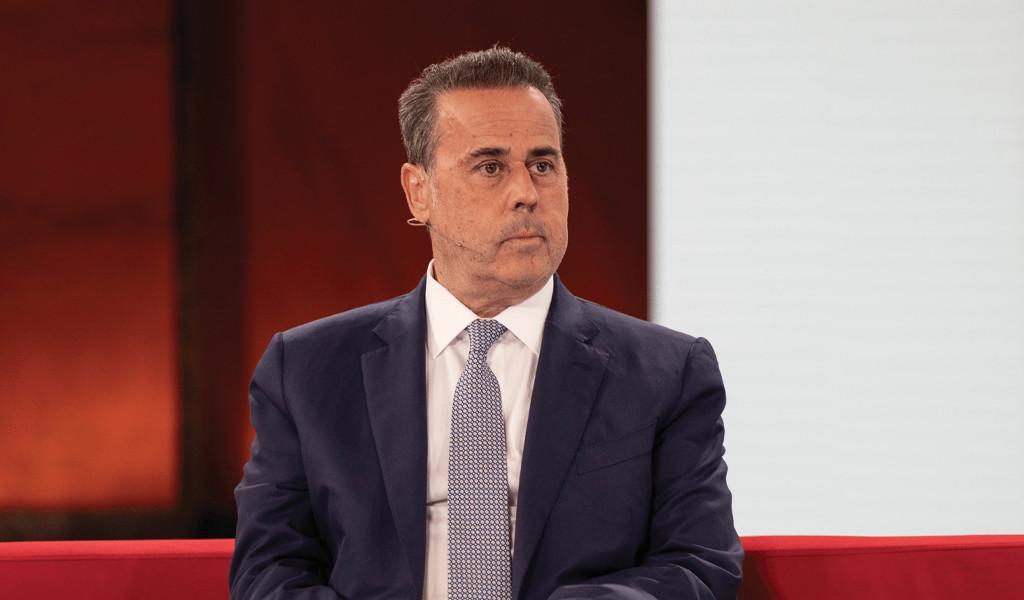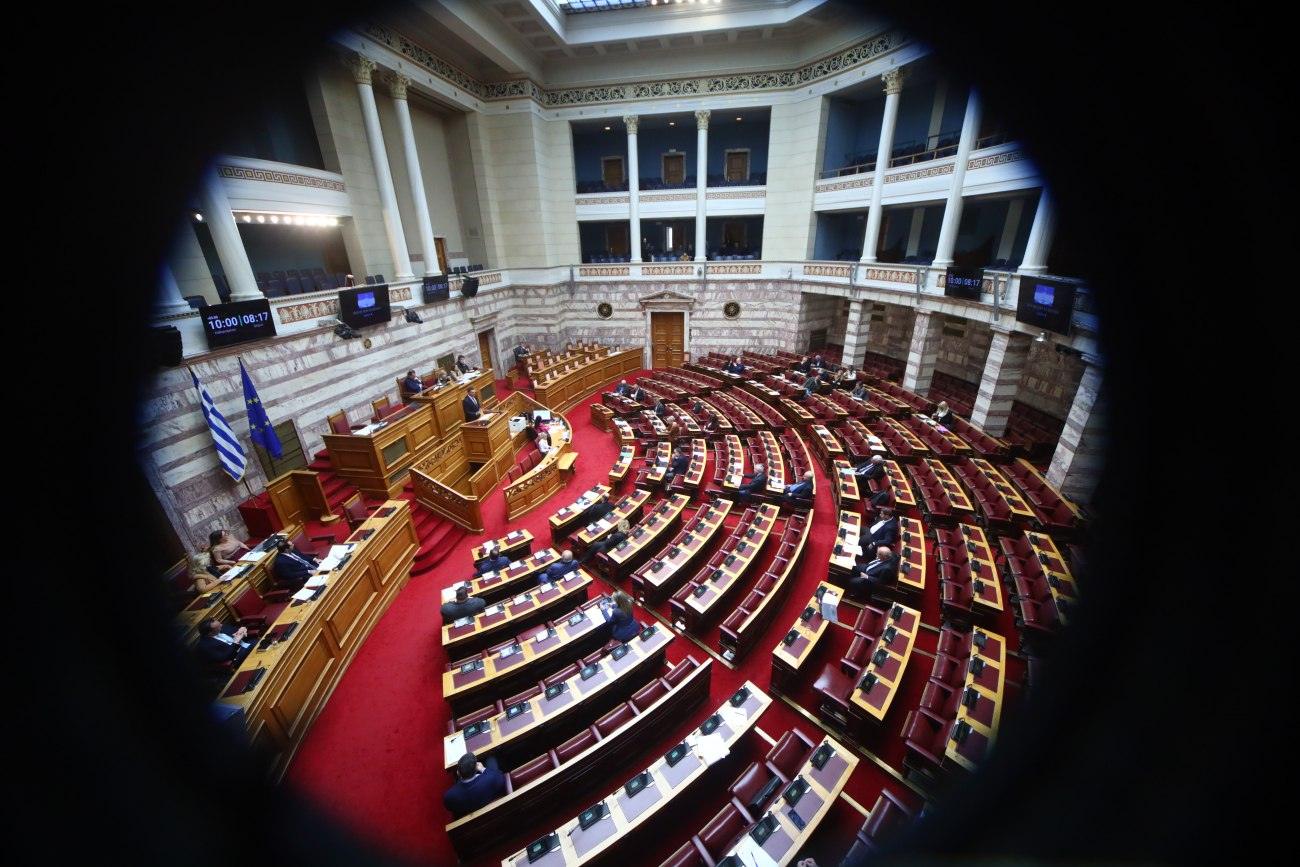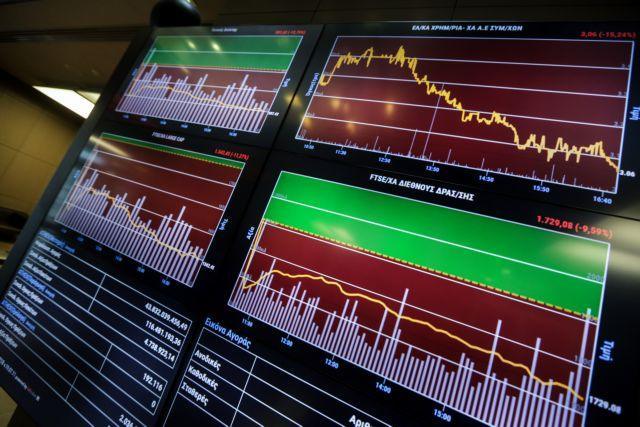It may affect the degree of political uncertainty in Greece until the elections, as estimated by special analysts who spoke to in.gr. It is also possible that the opinion poll image of the Greek parties will change due to the “Kaili” phenomenon and the “Qatargate” corruption time-bomb that went off at the foundations of European institutions.
The developments in the European Parliament have Greek implications, a fact that will be measured in the new opinion polls and it remains to be seen to what extent the percentages, especially of PASOK, will be affected. This can make party collaborations more difficult, even if necessary, as from 2023 the bonus of 50 seats for the first party does not apply. The country thus risks entering a period of perpetual elections if no government is formed.
As the rating agency Moody’s notes the new revelations (about Qatargate) introduce political uncertainty and may affect the outcome of the upcoming elections. This quote is an indication that the political suspense may turn red until the upcoming elections.
The radar of international analysts has begun to “scan” the upcoming elections in Greece and the scenarios for the formation of a government in view of the new electoral system.
The result that will be produced by the first ballot box with a simple proportionality is catalytic. The percentages will be the key driver of political developments ahead of the second round. The percentages of the first Sunday for the first party are, in other words, what will pave the political path to the second contest. From the government, they would like a percentage of over 33% for the ND. and at 29% for SYRIZA (compared to 30% for ND – 24% for SYRIZA).
The main elements that make up the new political environment – and put under the microscope by international analysts – are:
1. Simple proportionality,
2. the wiretapping scandal will dominate until the elections,
3. Qatargate,
4. economy – inflation.
5. A key element is that Greeks living abroad will vote for the first time. The vote is uncertain and could tip the scales.
Qatargate and the chances for self-reliance and a third round
Among those accused of Qatargate is Greek MEP Eva Kaili, who represents PASOK-KINAL, the second largest opposition party. This comes on top of the already strained domestic political climate from the wiretapping scandal, thus affecting party metrics, increasing uncertainty about party tallies and post-election partnerships.
The estimates of international analysts agree that the probability of governing New Democracy garnering a majority in the first round is very small. They give low chances for SYRIZA’s cooperation with New Democracy or even with PASOK. As the political cost would be great. If there are no partnerships in the second round, then a third round is a risk.
IN.gr talked to leading analysts from the rating agencies Moodys and FITCH and from the University of Manchester, about the size of the political risk in view of the new electoral system, where it seems that more than one electoral contest will be needed to create a government.

“The European Institutions are facing an international scandal concerning allegations of bribery of members of the European Parliament (EP). Among the defendants is Eva Kaili, a Greek MEP who represents PASOK-KINAL, the second largest opposition party in Greece. The new revelations introduce political uncertainty and may affect the outcome of the upcoming elections.
If Kyriakos Mitsotakis can stabilize, or even increase, his poll numbers, snap elections can be avoided and Greeks would go to the polls in 2023. The prime minister has good news for the economy, while rising inflation appears to be slowing . Although the wiretapping scandal has caused significant upheaval in the political arena, our main prediction from August seems to be coming true – that early elections will not be held and that we are headed for an electoral battle in the second quarter of 2023. The case of surveillance of public figures continues to garner media attention, and this will almost certainly continue during the election.
A key element is that for the first time Greeks living abroad will be able to vote. The choice of Greek expatriates is uncertain, but it could tip the balance either way. There is significant uncertainty in the scenarios. Without the bonus seats, the winner of this election will likely have to win opposition support for a coalition government or face a second or even third round.
The chance that Mitsotakis will gather a majority in the first round is very small, however the expatriate votes could shift the tide in the second round towards our main hypothesis.
Potentially, the opposition leadership of SYRIZA may manage to form a coalition. We give this scenario a low chance, as the political cost to the parties involved would be high. If that fails and there is a second round, we assume that Greeks will want to avoid perpetual elections that would further damage the economy.
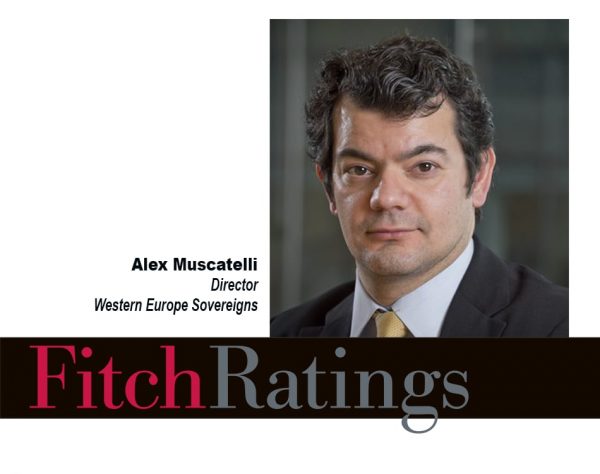
A third round is therefore a risk. But if there is, the economic outlook for 2023 will change significantly with downward pressures on GDP due to uncertainty, higher interest rates and public debt. We see an additional risk compared to the initial forecast. After the Great Recession, Greek political instability contributed to the significant weakening of the economy and bankruptcy in 2015. The slowdown in GDP is largely related to consumer sentiment and private consumption. If the perpetual election scenario plays out, we expect the historical pattern to repeat itself, necessitating a downward revision of our baseline GDP forecast for 2023.”
“Parliamentary elections are inevitably associated with some degree of uncertainty about economic policy. However, in recent years we have observed a more constructive relationship between the Greek governments – current and previous – and European and international creditors, in the context of a more stable political background.
This stable political backdrop is an important factor in our rating and has contributed to the upward momentum in Greece’s rating. Our basis is that the political situation will remain broadly stable after the parliamentary elections in 2023.”

“The 2023 elections contain an element of uncertainty which may prove detrimental to the Greek economy. The two electoral contests that, in all probability, will be needed to form a government negatively affect the psychology of foreign investors, especially for a country that does not have a culture of concensus and political alliances. The context of possible government alliances in 2023 is more difficult than that of the memorial years. At that time, the immediate danger of the country’s collapse acted as a link for the formation of partnerships. Also, the polarization of the two camps at the time (memorandum – anti-memorandum) made the separation of “enemies” and “friends” easier.
Today the memoranda caused bipolarity no longer exists and the country has come out of the close financial supervision of the creditors. The economic options are not so suffocatingly defined and the rise in the polls of PASOK – which makes it a necessary government partner for both ND and SYRIZA – complicates things more. On the other hand, the 2023 elections do not have the dramatic characteristics of the 2012 and 2015 elections. The question is no longer the country’s stay in the Eurozone. The basic rules of the game are not disputed by anyone. No one is talking about “regime change” or about changing the economic model in a direction that will bring Greece on a collision course with its partners.
In this respect the immediately visible risks have been reduced. Of course, recent history teaches us that the destruction of the country is not always the result of “totemic conflicts”. Greece may sleepwalk towards a new crisis either because the parties did not prepare enough to manage the new political realities or because they did not want to sacrifice the lesser in order to protect the greater.


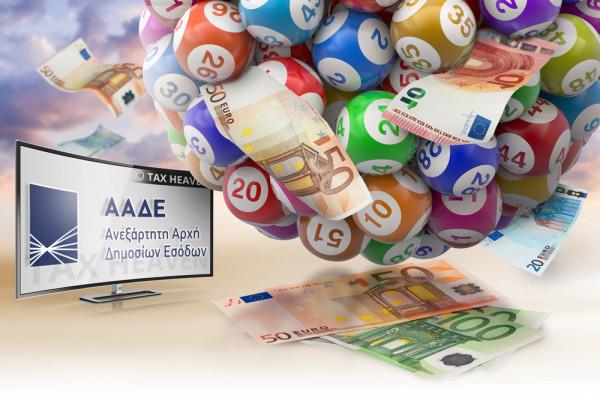
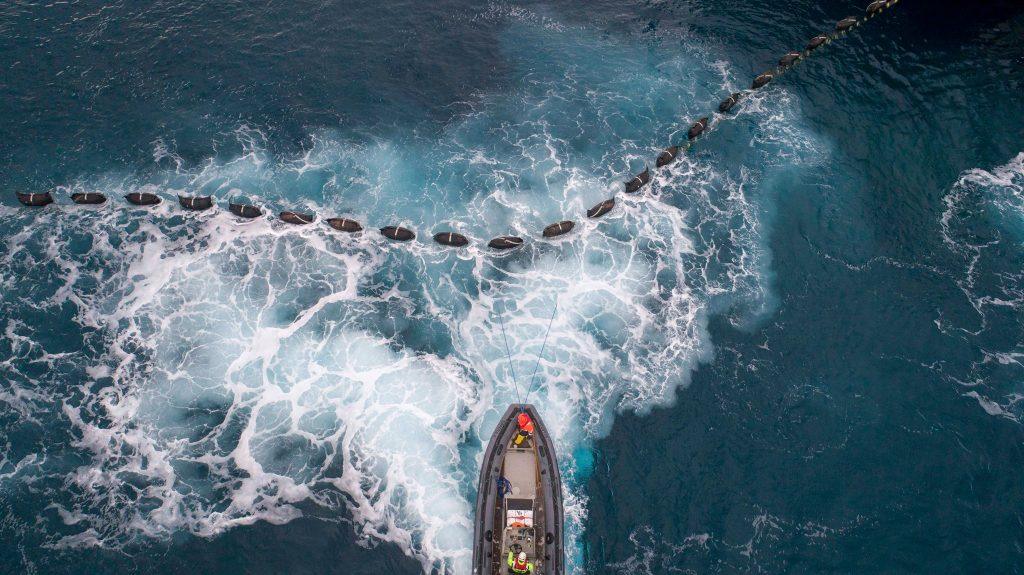
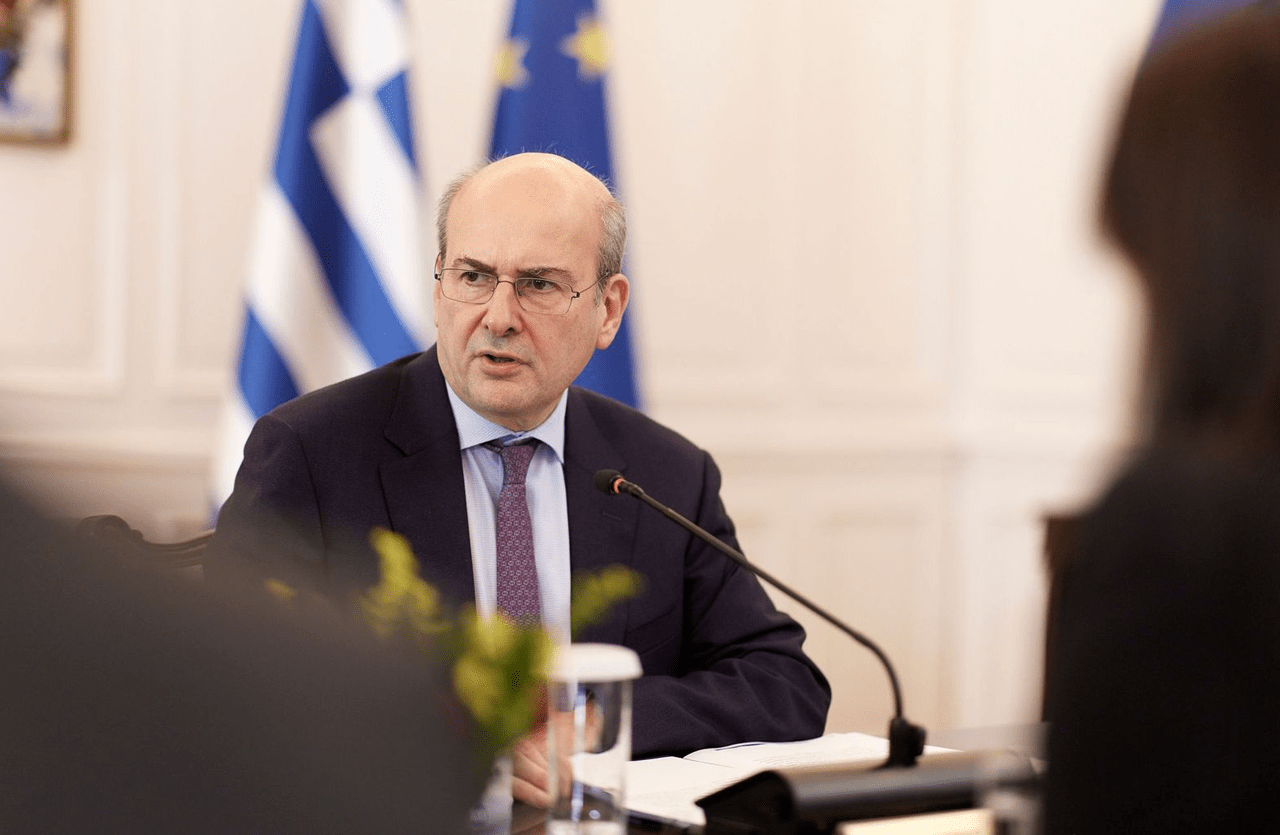






![Χρυσές λίρες: Πλησιάζει τα 1.000 ευρώ – Πού πωλούνται στην Ελλάδα [πίνακες]](https://www.ot.gr/wp-content/uploads/2025/07/ot_lires25.png)
